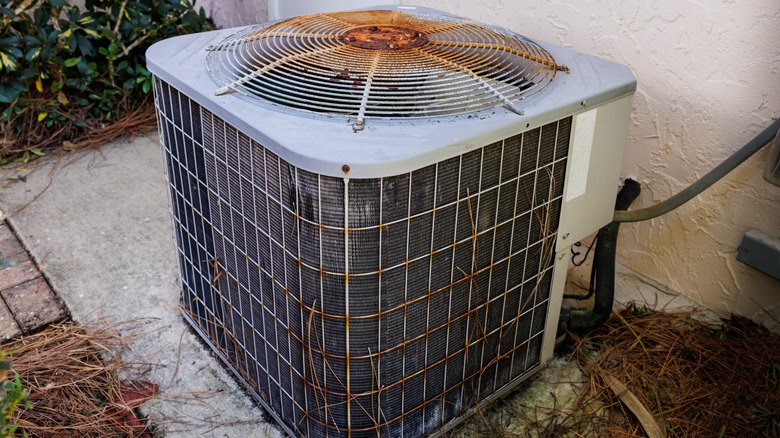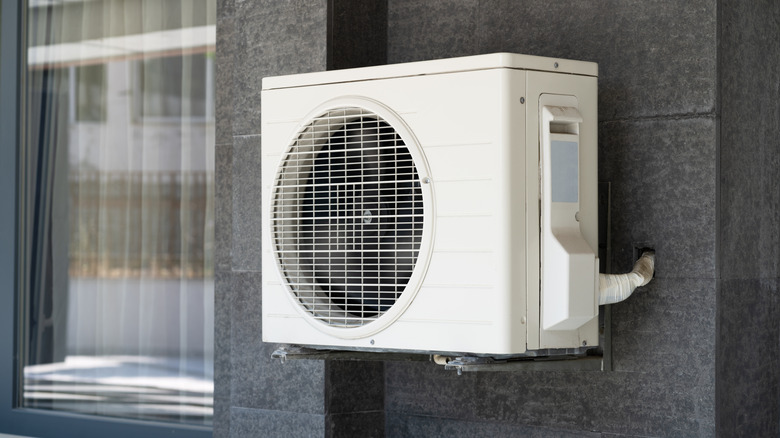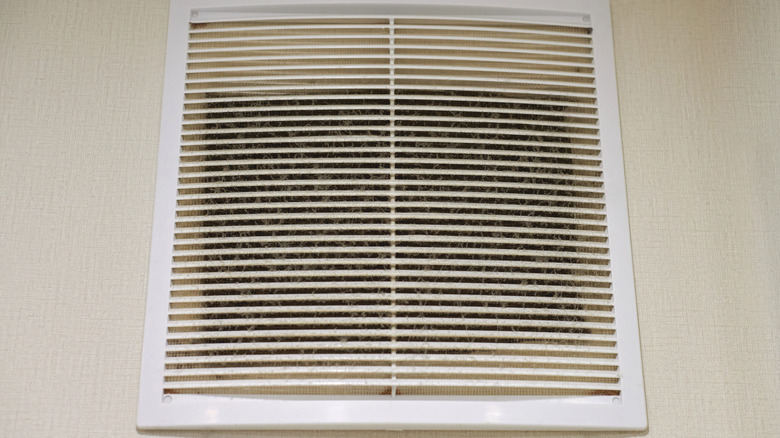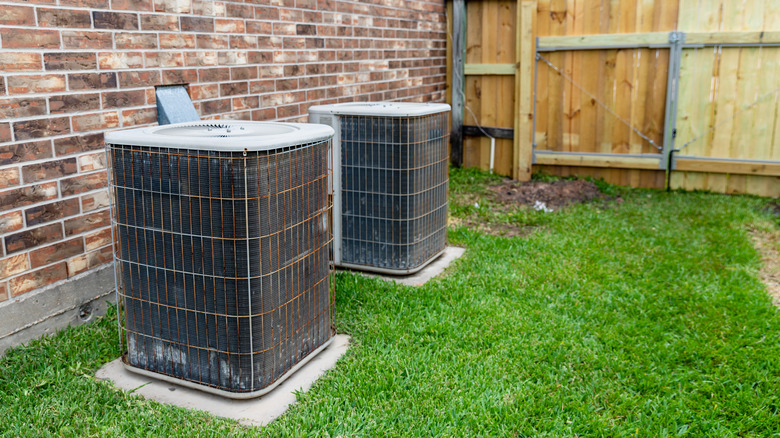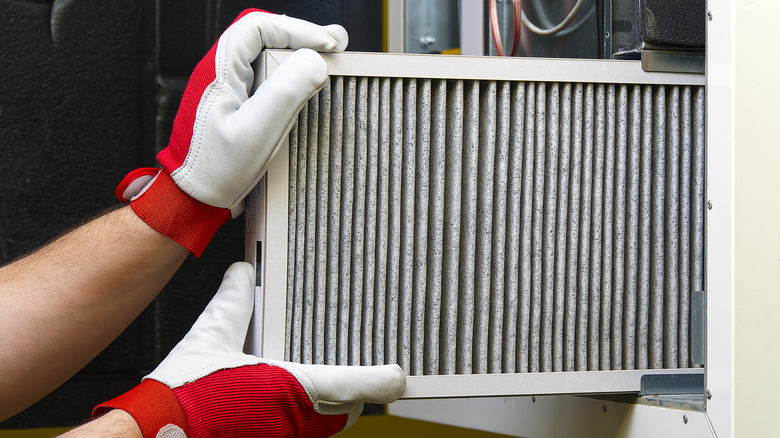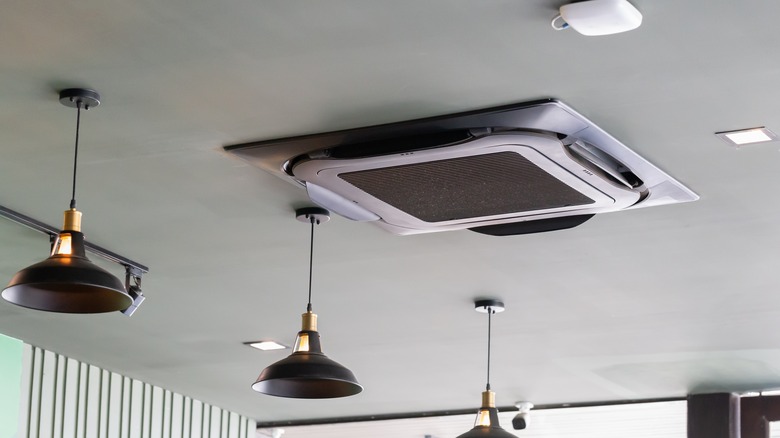5 Signs Your HVAC System Is Making You Ill
The HVAC system is an invaluable piece of equipment in every household. It is solely responsible for keeping us from freezing or sweating too much. Other than that, the HVAC system is also responsible for maintaining indoor air quality. But have you ever stopped and imagined that the HVAC system could possibly be making you ill? Well, if you hadn't, then it is time for you to start entertaining this thought. Similar to any other machinery, the HVAC system needs regular maintenance. In fact, the U.S. Department of Energy recommends cleaning the air filters more frequently during summer.
Since the HVAC system is made up of heating, cooling, and ventilation through the ducts, failure of one of these parts might pose health risks to those living in the house. For example, dirt and bacteria might accumulate in the vents, or the malfunctioning system may cause moisture problems in your home. So if you are wondering how else your HVAC system would make you ill, here are a few telltale signs that you should look out for.
Presence of moisture
Most people are only concerned with keeping the indoor air temperature normal; however, maintaining a normal indoor humidity level is equally as important for comfortable living. Therefore, one essential task that the HVAC system performs in your home is to control the humidity level. The evaporator coil in modern HVAC systems is responsible for condensing warm air, therefore, keeping the humidity levels normal.
Central Heating and Air Conditioning mentions that the average humidity level for indoor air depends on the season. During the summer, humidity should range between 30% and 45% and below 40% during winter. Too much humidity in the indoor air is the right breeding ground for dust mites and other health hazards. On the other hand, insufficient moisture in the air often causes flu-like symptoms and skin irritation. Other than that, the right levels of indoor humidity make the house feel warm during winter and, subsequently, cold during the hot summer months.
Presence of microbial contaminants
In an effort to keep the indoor temperatures ideal, the HVAC system could be spreading microbial contaminants throughout the entire house. Look at it this way: Over time, the air ducts collect dust, debris, or even grow mold if there is moisture, especially on the insulation. Failure to maintain the ductwork in your house could mean such contaminants are circulated to every room in your home.
Molds, dust, and other allergens that accumulate in the air vents can be quite detrimental to the health of anyone in the house. This is especially true for anyone with severe autoimmune allergic reactions, notes the United States Environmental Protection Agency (EPA). Besides circulating microbial contaminants in the house, a clogged airway might also cause high energy bills. The HVAC system works extra hard to push air through the debris, therefore, using up a lot of electricity in the process.
Possible refrigerant leakage
The AC refrigerant is an essential component of the operation of your air conditioner. This particular substance is responsible for cooling the indoor air by absorbing heat and delivering it outside, leaving the indoor air cool. However, for some reason, the AC in your home or office might fail, causing the refrigerant to leak. The refrigerant, also known as freon, is odorless, but in the event of a leak, it has serious health effects on people and the environment.
Exposure to refrigerants is quite hazardous to human health; it can cause nausea, headaches, and even regurgitation. In extreme conditions, exposure to freon is associated with organ failure or even death, WebMD notes. In addition, freon, a hydrofluorocarbon (HFC), is a greenhouse gas that destroys the environment and has been linked to causing global warming, per the United States Environmental Protection Agency (EPA). Since refrigerants are odorless, you will only know if there is a refrigerant leak if you hear hissing sounds or notice ice on the evaporator coils.
Possible recycling of stale air
When the HVAC system is on, all the windows and doors remain shut for all the right reasons. However, keeping doors and windows closed all the time comes with its fair share of challenges as well. The HVAC system is responsible for keeping the indoor environment bearable through air circulation in and out of the house. In fact, National Air Duct Cleaners Association (NADCA) mentions that air circulation is non-stop and occurs approximately five to seven times a day just to keep the indoor conditions up to scratch.
When you have your windows and doors shut all the time, chances are the HVAC system is recycling and distributing stale and possibly contaminated air around your house. The absence of fresh air in the house causes the distribution of pollutant-laden air that might cause illness to anyone with severe allergic reactions. One way around this is to ensure your windows are open whenever possible. Also, remember to clean the air filters regularly or consider replacing old ones entirely.
Compromised indoor air quality
As mentioned earlier, the HVAC system is a unit; therefore, when one part is neglected, chances are it will affect the rest of the system. For example, rodents and rats often find their way into the air ducts in our houses. Failing to get your air ducts cleaned will mean that the pests infest the airway and make it their home. Rodents carry diseases, transmit bacteria, and often are the cause of compromised indoor air quality.
These are some of the reasons why the United States Environmental Protection Agency (EPA) warns that indoor air quality might be toxic compared to outside. Rodents are a total nuisance when they run up and down, making noise. Remember that rodents like rats will destroy the house's structure if given enough time. Maintenance of the entire HVAC system is one of the ways of ensuring that we stay on top of our health while enjoying the comfort the air conditioning system offers.
